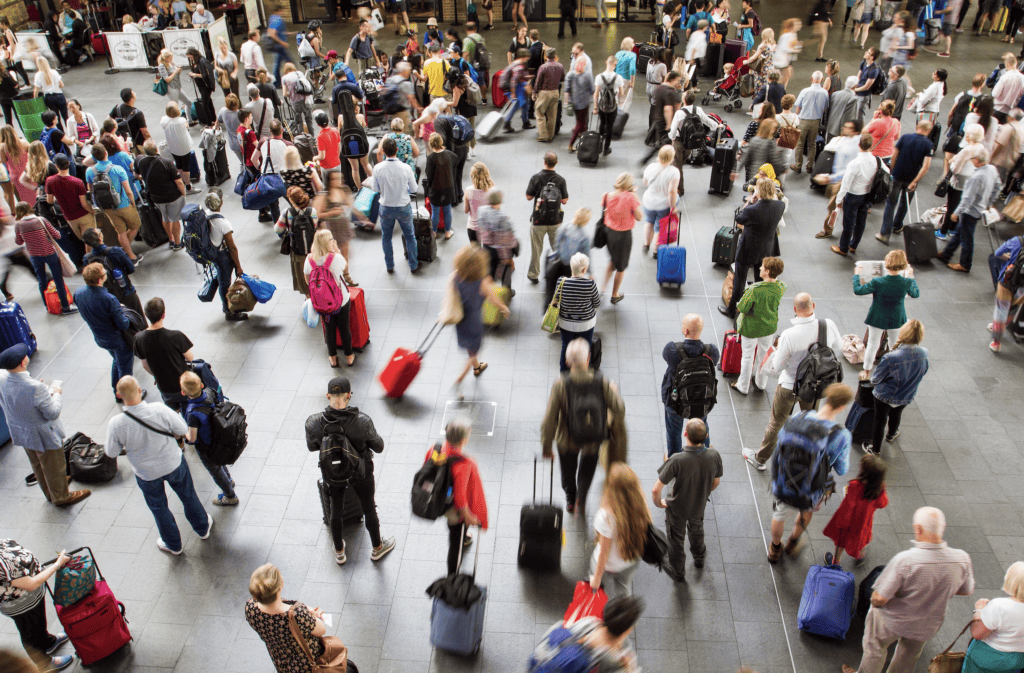
Rail cancellations result in more people switching to cars
According to the Office of Rail and Road, over the past 12 months, one out of every twenty-six trains in the UK was cancelled (not including cancellations due to strikes). In December, one in every twelve was cancelled – also excluding strike days.
And now new research suggests that, as a result of all these cancellations and recent rail strikes, three-quarters of people in the UK now plan to make a permanent switch from rail to travelling by car.
67% say they’ll take fewer train trips
According to the recent study carried out for motor finance company Startline by APD Global Research:
- 35% of people are increasing their walking
- 19% are taking alternative forms of public transportation like buses and trams
- 13% are riding traditional bicycles
- And 11% are using electric bikes
Overall, sixty-seven percent of people say they will take fewer train trips in the future as a result of recent striking, though a sizable minority will continue to use trains for other reasons, such as their convenience (20%) or simply that they prefer it (16%).
According to Startline’s CEO, Paul Brugess, “Despite longer journey times, hundreds of miles of roadworks resulting in congestion and traffic jams, our research suggests the rail strikes are convincing more people to travel by car. And, longer term that can’t be a good thing for the economy.
“It would be worrying if rail-to-car switching by travellers develops into a long-term trend. This would obviously be bad news for clean air strategies in cities and for urban congestion in general. To us, these findings underline the need to resolve the rail dispute as soon as possible.”
More people using Auto Trader
In January, Auto Trader reported similar findings, that more than half of prospective car buyers in the UK were considering buying a vehicle because of unreliable public transport.
63% of buyers living outside major conurbations cited "can't rely on public transport" as a reason for shopping for a car, compared to 32% of buyers living in a large city and 48% of buyers living in the suburbs, according to Auto Trader’s research.
Due in large part to the unreliability of public transportation, the number of people using Auto Trader to shop for a car has increased by 100% in the past year.
With a lack of semiconductors worldwide and other supply chain challenges, the auto industry is experiencing a shortage of new vehicles. Auto Trader suggested used car prices could remain high for at least four more years as a result.
Fewer people buying used electric vehicles – why?
Going back to the Startline study for a moment, the data also revealed interesting information about the fuel preferences of used car buyers. Over the past six months, petrol's popularity has increased by seven percentage points, to 40%, while electric vehicles' popularity has actually decreased by nine percentage points, to 14%.
It’s an interesting trend since the price of used electric cars has been dropping over the last couple of years, representing better value to used car buyers.
How does your fleet compare? Are more workers switching to cars? Are you looking more at the used car market? And is fuel economy still proving an important factor in decision making? We’d love to know.

